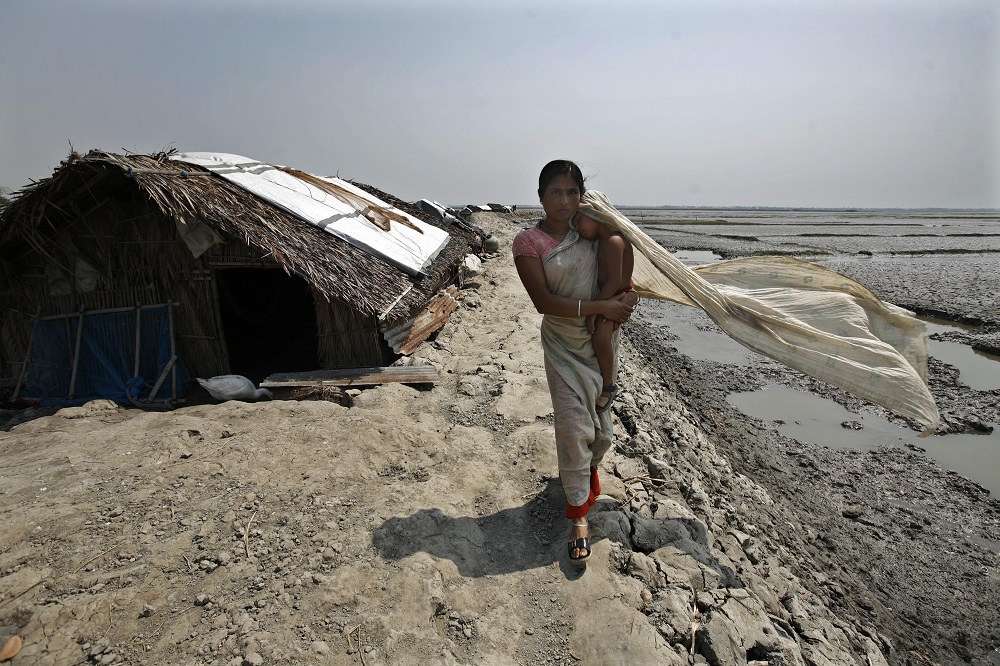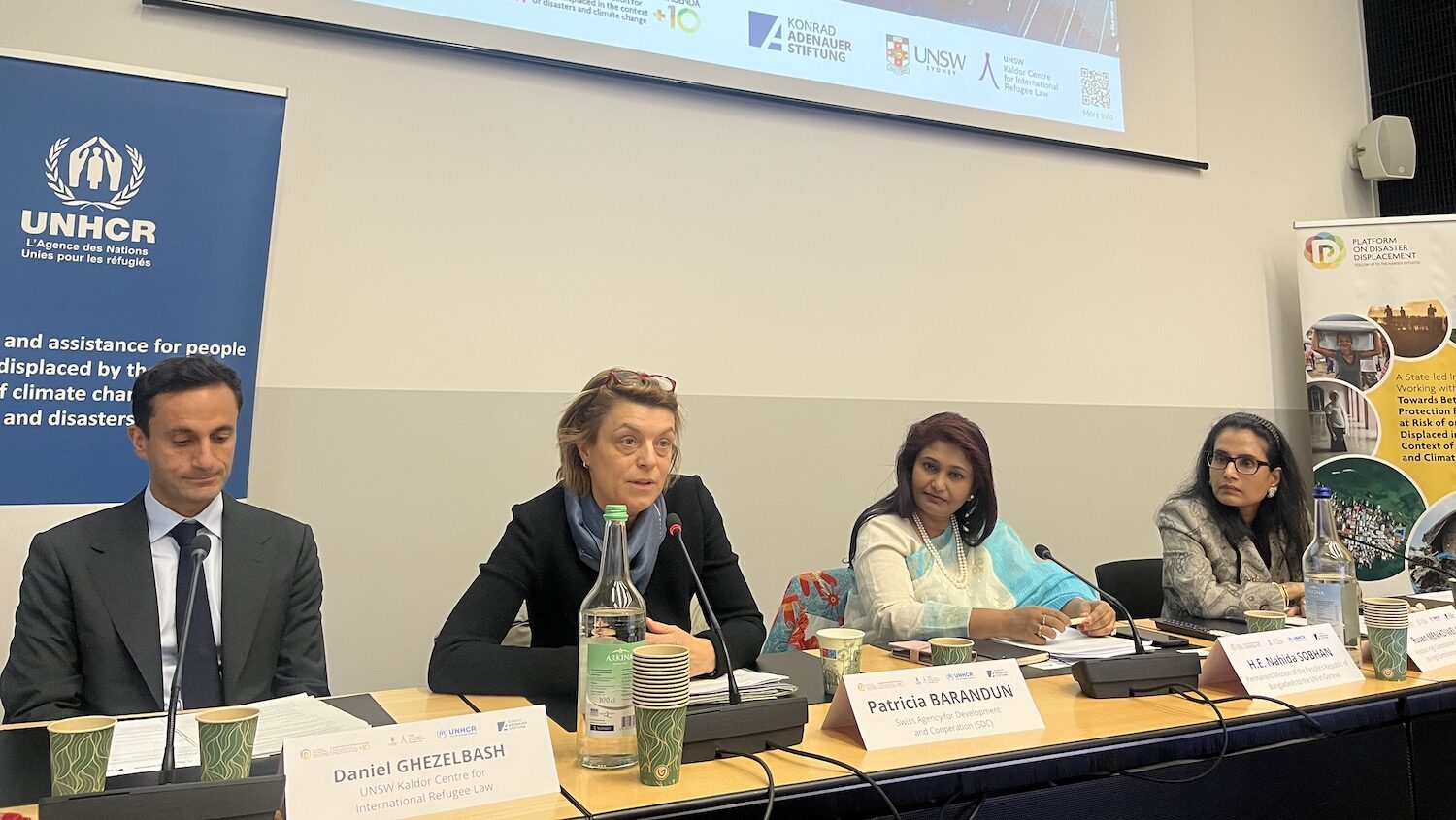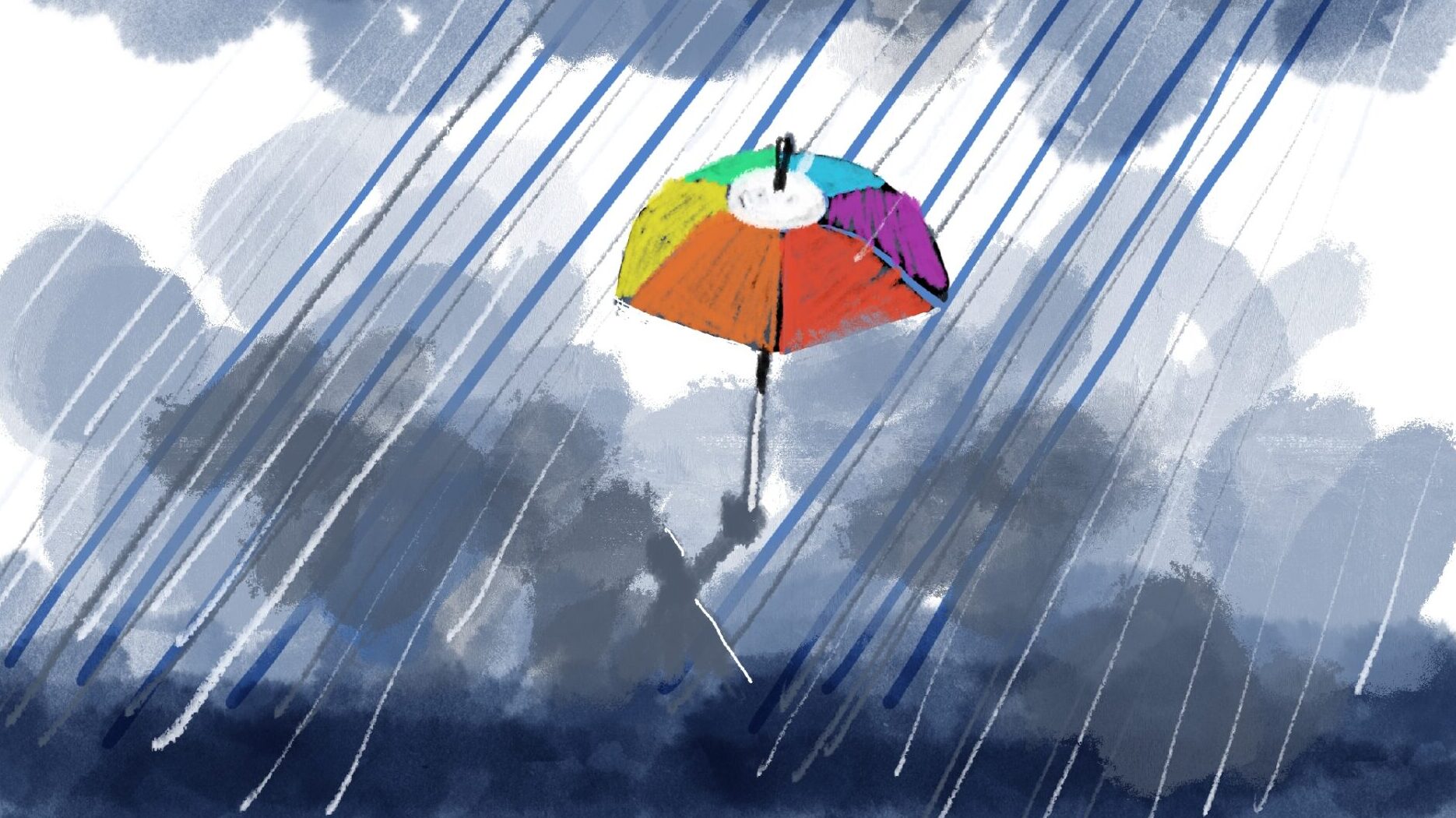Migration and Development Debate Series: Disaster and Climate-induced Displacement & Mobility – Challenge of the 21 century

The upcoming seminar “Disaster and Climate-induced Displacement & Mobility – Challenge of the 21 century” will be hosted by the Federal Foreign Office, Federal Ministry for Economic Cooperation and Development, and IOM´s Global Migration Data Analysis Centre (GMDAC)
Where: Auswärtiges Amt (Federal Foreign Office), Werderscher Markt 1, 10117 Berlin – Visitor Centre (Besucherzentrum) Room 2
When: Thursday, August 31 , 2017 l 12:30 – 14:00
Welcome remarks:
- Annett Günther, Deputy Director-General for Humanitarian Assistance, Federal Foreign Office
- Annette Chammas, Head of Division 320, Policy Issues of Displacement and Migration, Federal Ministry for Economic Cooperation and Development
Speakers:
- Atle Solberg, Head of Coordination Unit, Platform on Disaster Displacement
- Susanne Melde, Senior Analyst, Global Migration Data Analysis Centre (GMDAC), International Organization for Migration (IOM).
- Felicitas Hillmann, Head of Department of the Leibniz Institute for Research on Society and Space will serve as the discussant.
- The event will be facilitated by Claudia Meier, Project manager for the Global Public Policy Institute (GPPi).
———
Large-scale displacements have devastating effects on people communities. They create complex humanitarian development challenges that call for urgent partnerships and enhanced cooperation. People that are forced to cross a border in the context of a disaster and the effects of climate change have only limited protection when they arrive in another country.
The Nansen Initiative consultative process identified effective practices to address the protection needs of disaster displaced persons. In 2016 the Platform on Disaster Displacement was launched to follow up on the Nansen Initiative and to support the implementation of its recommendations. Concerted efforts at all levels are needed in order to find ways to better protect and assist disaster displaced persons. At the same time migration can be a way to adapt to environmental climate change and needs to be recognized as such in policies.
The debate will address the following questions:
- How can knowledge and data gaps on why, where, when, and how people are displaced/decide to migrate in the context of disasters and climate change be addressed?
- How can cooperation to prevent, to reduce and to address disaster displacement at the national, regional and (GMDAC), International Organization international levels be strengthened?
- How can the use of effective practices to reduce disaster displacement risks and to carry out humanitarian protection measures be enhanced?
- How can policy coherence and mainstreaming of human mobility challenges and benefits in and across relevant policy and action areas be promoted?
- How can safe and orderly human mobility be an adaptation strategy to climate change in order to prevent displacement?
- How can policy and normative development in legal gap areas be promoted?
Learn more about the German Federal Foreign Office
Learn more about the Global Migration Data Analysis Centre
Download the flyer of the event
